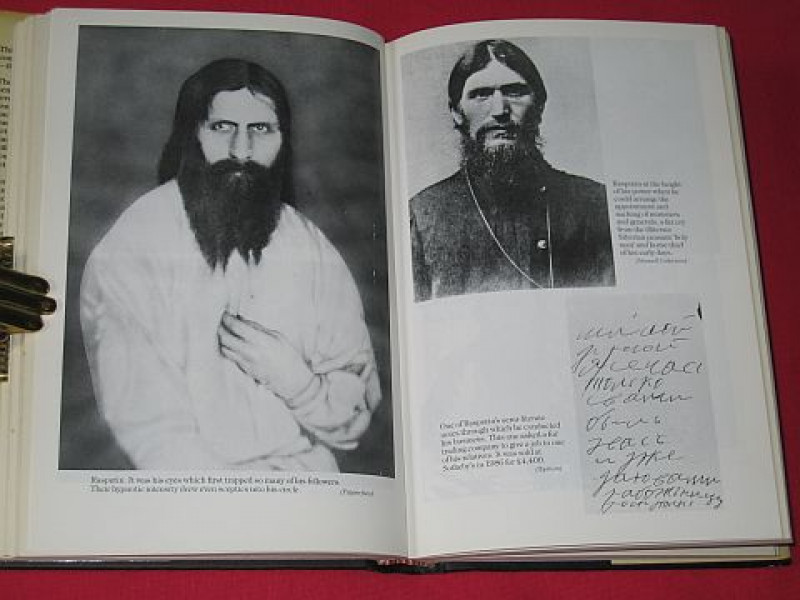For more than a century, the world has believed Felix Yusupov’s sensational account of Grigori Rasputin’s assassination — a gothic tale of poison, resurrection, supernatural strength, and a desperate struggle between good and evil. But new forensic research has now shattered this legendary narrative, revealing that Yusupov’s memoir was built on fabrications, exaggerations, and deliberate myth-making. The truth is far more brutal, far more political, and far more disturbing than the theatrical story that has dominated history for decades.
The original autopsy of Rasputin’s body, long buried beneath layers of myth, tells a stark and chilling reality: there was no poison whatsoever, no miraculous revival, no dramatic fight. Rasputin did not survive cyanide-laced cakes, nor did he break free and flee into the night. He was executed swiftly, efficiently, and clinically by gunfire — three bullets, not divine intervention or supernatural endurance. The legendary struggle that Yusupov described never happened. Instead, Rasputin’s assassination was a calculated political hit, not the moral crusade Yusupov painted it to be.

Historians now understand why Yusupov crafted such a dramatic lie. In exile, stripped of his wealth and relevance, he needed the Rasputin story to elevate himself from a frivolous aristocrat into a patriotic hero who saved Russia from corruption. By waiting 11 years before publishing his account, he ensured witnesses were dead, evidence had faded, and his own version of events could not be easily challenged. His memoir wasn’t written to document history — it was written to control it.
Modern researchers like Douglas Smith and Andrew Cook have confirmed what the autopsy always suggested: Yusupov’s tale is a self-serving invention. Rasputin was never the supernatural monster Yusupov claimed. The conspirators did not wage a battle against evil; they carried out a cold-blooded execution that ultimately failed to save the monarchy and may have accelerated its collapse. The myth overshadowed the truth for generations, transforming a political assassination into a sensational morality play.
Even Yusupov himself could not maintain the illusion forever. In later writings like Lost Splendor, the confidence of his earlier story begins to crumble. Regret seeps through his words. His once-bold narrative softens, contradicts itself, and reveals a man haunted by the legacy he created. His endless lawsuits to suppress alternative versions of the story show a man terrified that the truth might expose him.
This new analysis forces us to reexamine not only Rasputin’s death but Yusupov’s legacy. Was he truly acting for Russia, or desperately for himself? Was Rasputin the villain history claims, or a victim of political paranoia and aristocratic vanity? The line between hero and villain has blurred beyond recognition, leaving only a sobering truth: Yusupov didn’t slay a demon — he killed a man, then built a myth to justify it.
And as these revelations shake the foundations of one of history’s most infamous assassinations, the world is left with one question: if Yusupov lied about this, what else has history misunderstood?





